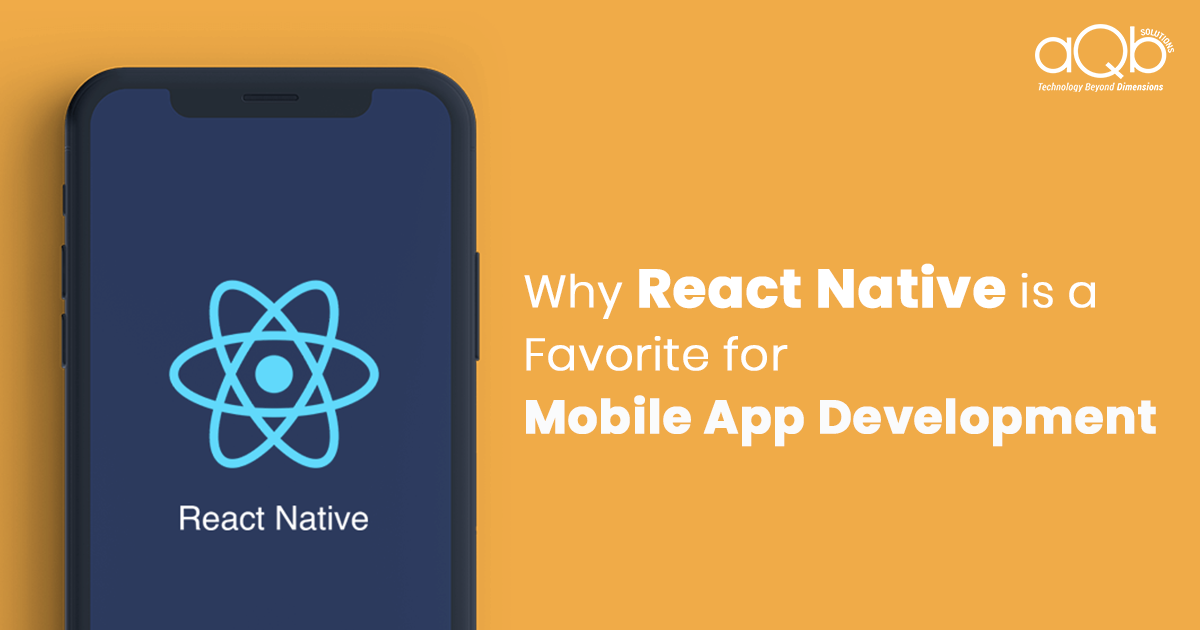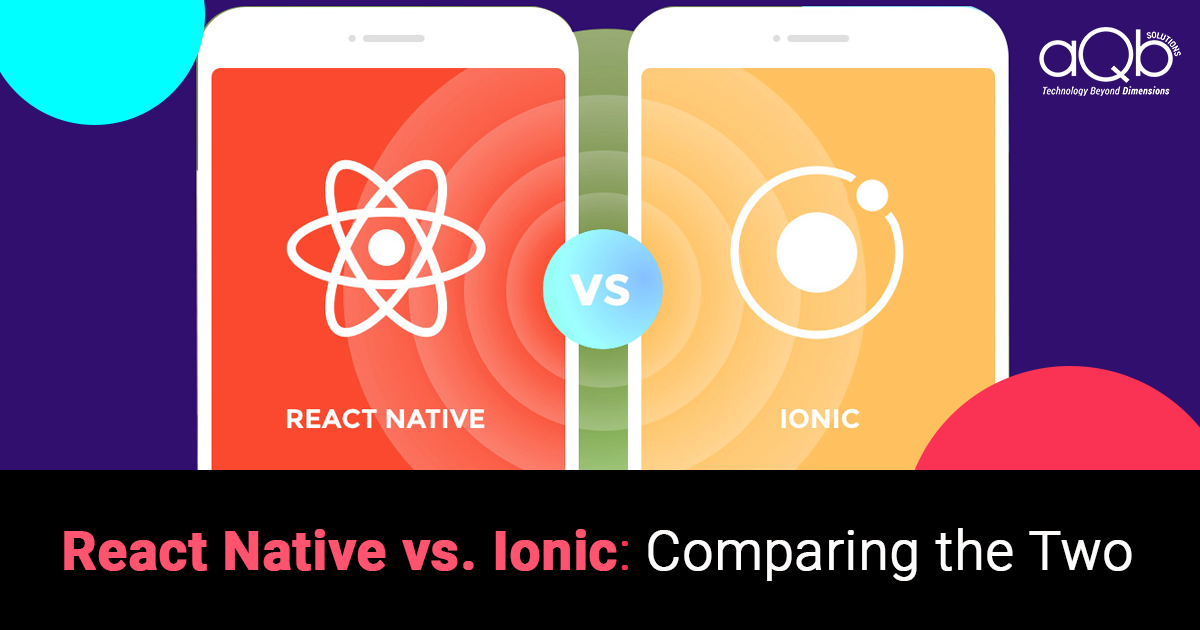Choosing the right technology stack is the most important thing for developers and customers. The customers want to make sure that their end-product is just what they had planned in the beginning. On the other hand, the technology stack influences directly how the application works.
In this article, we’d like to describe which technology stack you need to choose for your web and mobile applications in 2019 to stay current.
- Single codebase
One of the biggest advantages of working with React Native is that it uses a single codebase for both Android and iOS. This makes it easier for developers to write the code for once and run it multiple platforms. Earlier, when React Native was not in use, developers had to write the same code multiple times. React Native ensures higher speed and lesser effort utilization for App Development.
- Reusable component
One of the key reasons React Native app developers use building blocks made of reusable “native components”, because they are great for compiling straight to native apps. Since most of the components used for android and iOS app development, have their counterparts in React Native, it is easier for developers to achieve platform-wise look and feel.
- Zero rewriting
React Native’s rich library allows developers to incorporate the Native components in the present mobile app’s code. React Native App Developers no longer waste time writing a code from the scratch to make it possible for an existing mobile app to switch to the React Native library.
- Third-party plug-in compatibility
The React Native library make use of a number of third party plugins makes it easier for the developers to incorporate device in-built elements like GPS, Bluetooth, etc. in the mobile app. This also means no more high memory usage and load speed issues.
- More focus on mobile UI
Since React Native is focused primarily on building a mobile UI, it is more UI-focused, making it more like a JavaScript library than a framework. Thus, the resulting UI turns out to be highly responsive because of the asynchronous JavaScript interactions with the native environment. React Native also ensures quicker load times than a typical hybrid app, plus a smoother feel.
- Cost-effective
The time saved during development and deployment also translates into a lower budget for mobile app development. React Native helps developers with consistent JavaScript-based development tools and allows faster access to the React library. This also reduces application costs, substantially.
- Faster Development Process
Developers make use of the “live reloading” functionality, to save time on code compilation. Unlike earlier, the code revisions are visible in a few seconds. Also, react native has a single code base for iOS and Android. Often used along with many reusable tools and components React Native improves development speed.
What are your thoughts? Share with us.




